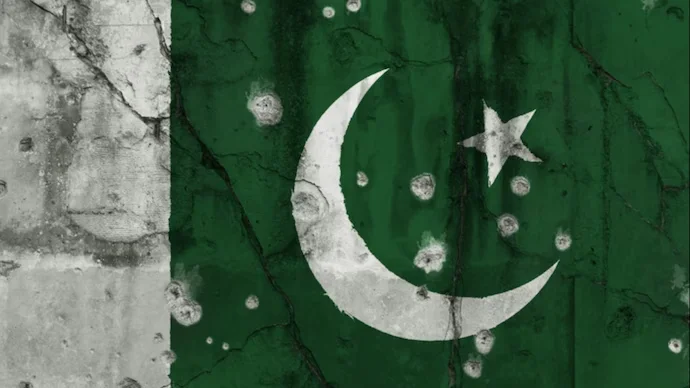Why Pakistan is a neighbour nobody likes
While Pakistan's relations with India remain frosty due to historical and political issues, its ties with its other neighbors, Iran and Afghanistan, are even more complex. This is why nobody likes Pakistan as a neighbour.

The assertion that Pakistan is a neighbor nobody likes is subjective and may not reflect the views of all individuals or nations. It’s essential to recognize that diplomatic relationships and public sentiments vary widely, and generalizing the perception of an entire nation can be misleading. However, some factors have contributed to strained relations and varying degrees of tension between Pakistan and certain neighboring countries. These factors include:
- Historical Disputes: Pakistan has historical disputes with neighboring India, primarily centered around the Kashmir region. The ongoing territorial conflict has led to multiple wars and continues to strain relations between the two countries.
- Terrorism Concerns: Pakistan has faced accusations from neighboring Afghanistan and India of harboring and supporting militant groups, contributing to regional instability. These concerns have impacted diplomatic ties and led to mistrust among neighbors.
- Cross-Border Incidents: Border skirmishes and occasional military confrontations, particularly between India and Pakistan, have heightened tensions in the region. These incidents contribute to an environment of suspicion and hostility.
- Differences in Foreign Policy: Varied foreign policy objectives and alignments with global powers have led to differences between Pakistan and its neighbors. These differences can create geopolitical tensions and impact diplomatic relations.
- Water Disputes: The sharing of water resources, such as the Indus River, has been a source of contention between India and Pakistan. Disputes over water usage and management can strain relations between neighboring countries.
- Divergent Ideological Stances: Differences in political ideologies and governance structures can also contribute to strained relations. Variances in national interests and worldviews may result in diplomatic challenges.
It is crucial to note that while these factors contribute to regional complexities, there are also diplomatic efforts and initiatives aimed at improving relationships. Diplomacy, dialogue, and conflict resolution mechanisms are essential components in addressing the historical and geopolitical challenges that have contributed to strained relations in South Asia.
Public perceptions of nations can be diverse, and it is important to recognize the complexities involved in international relations. Building mutual understanding, fostering diplomatic dialogue, and addressing underlying issues are essential steps towards creating a more stable and cooperative regional environment.




